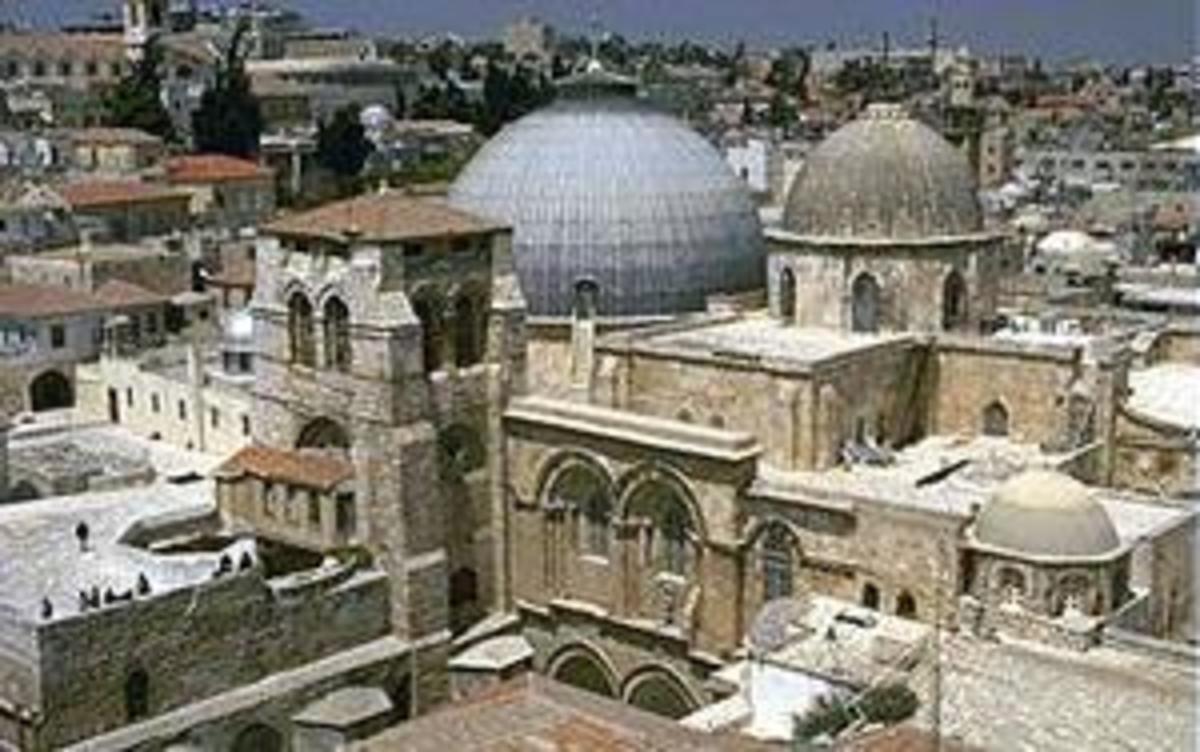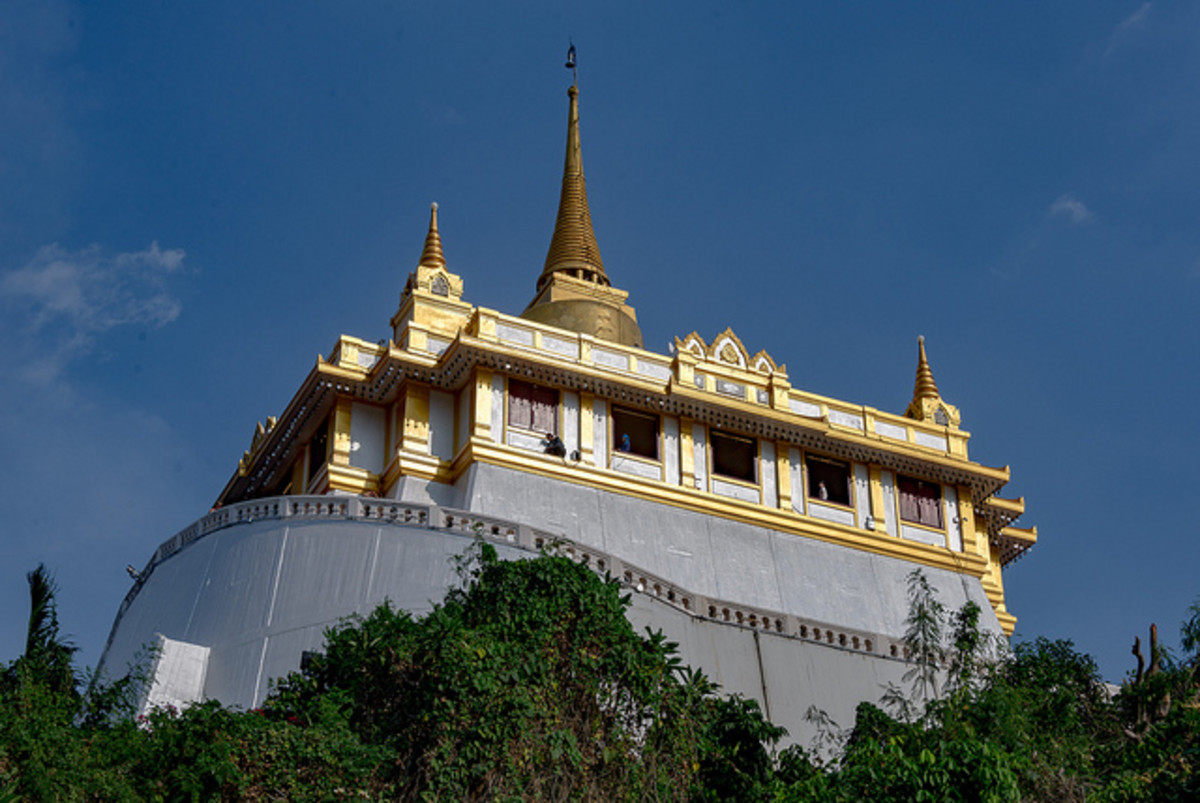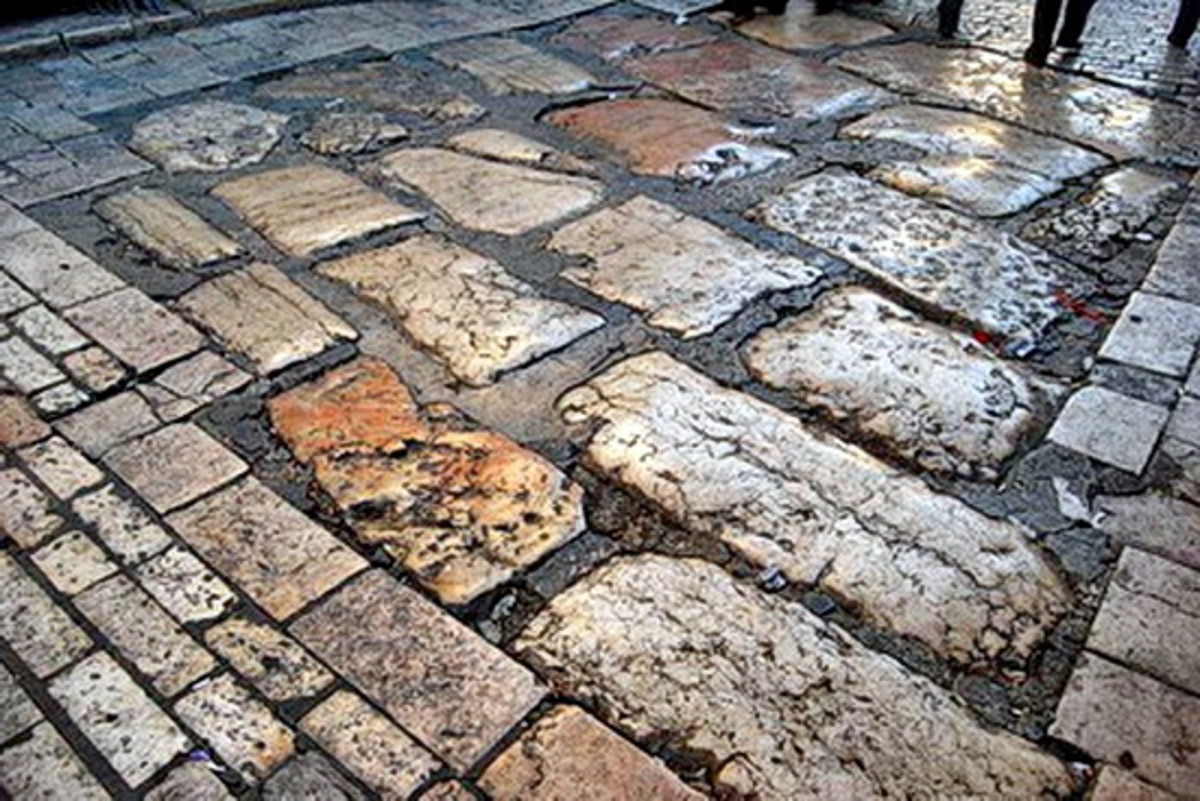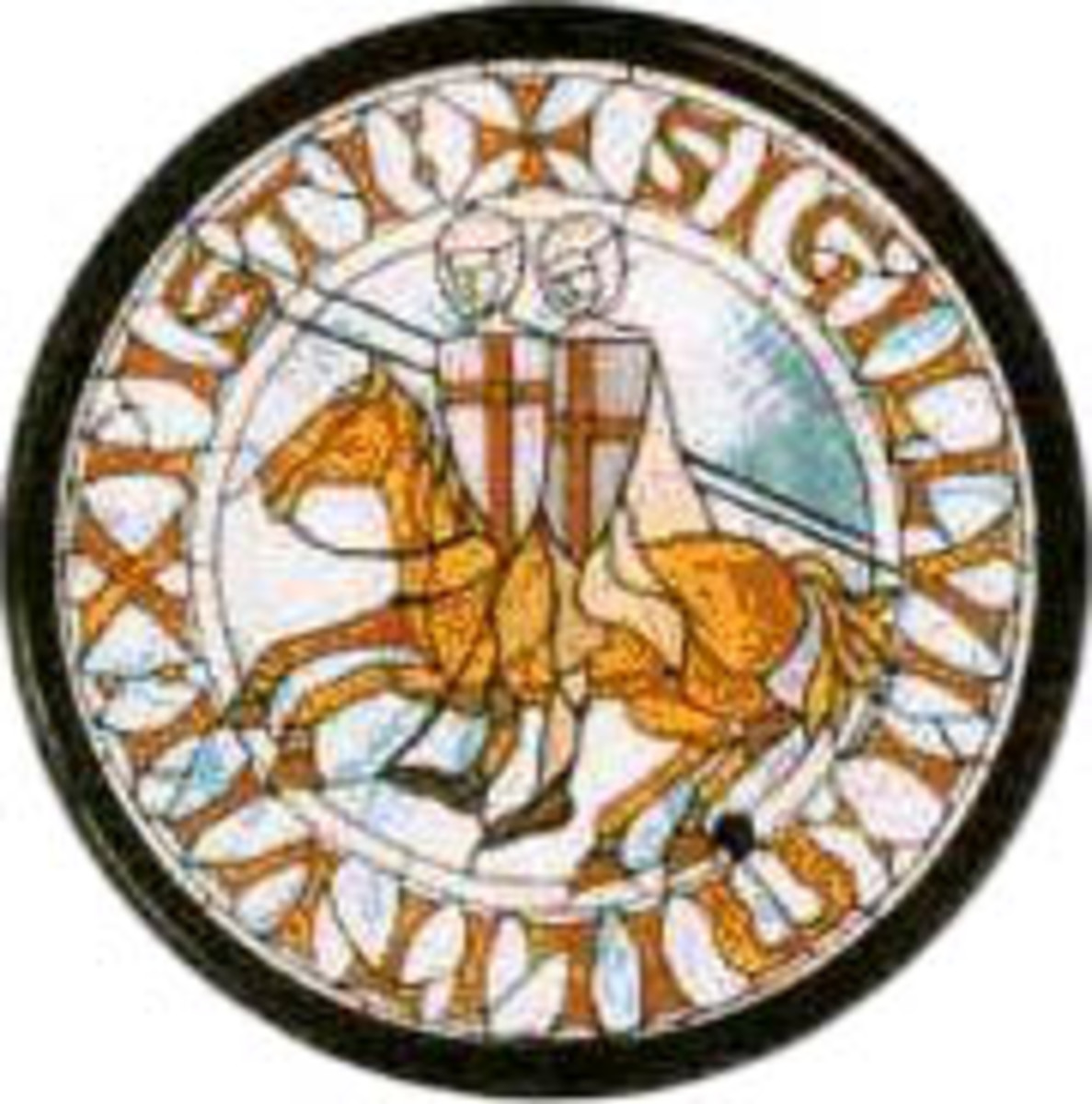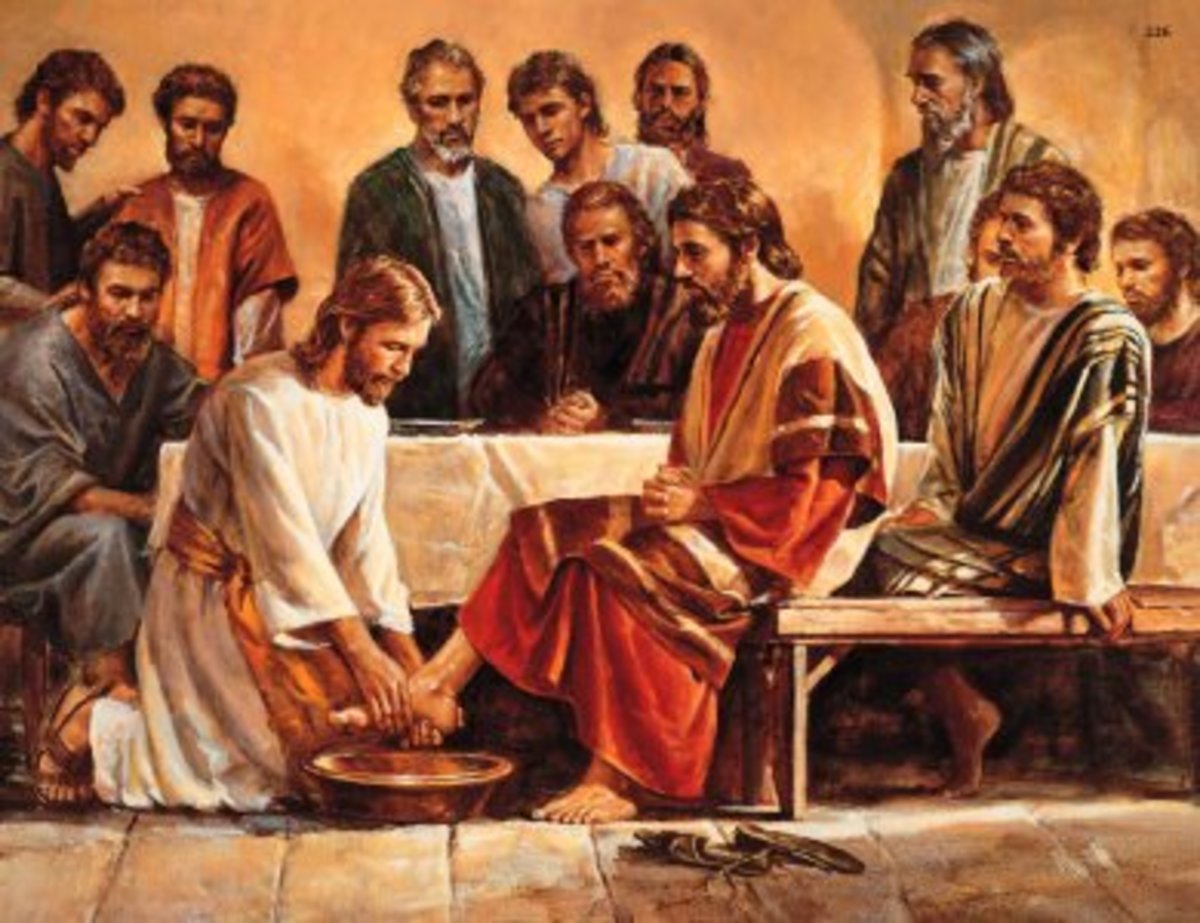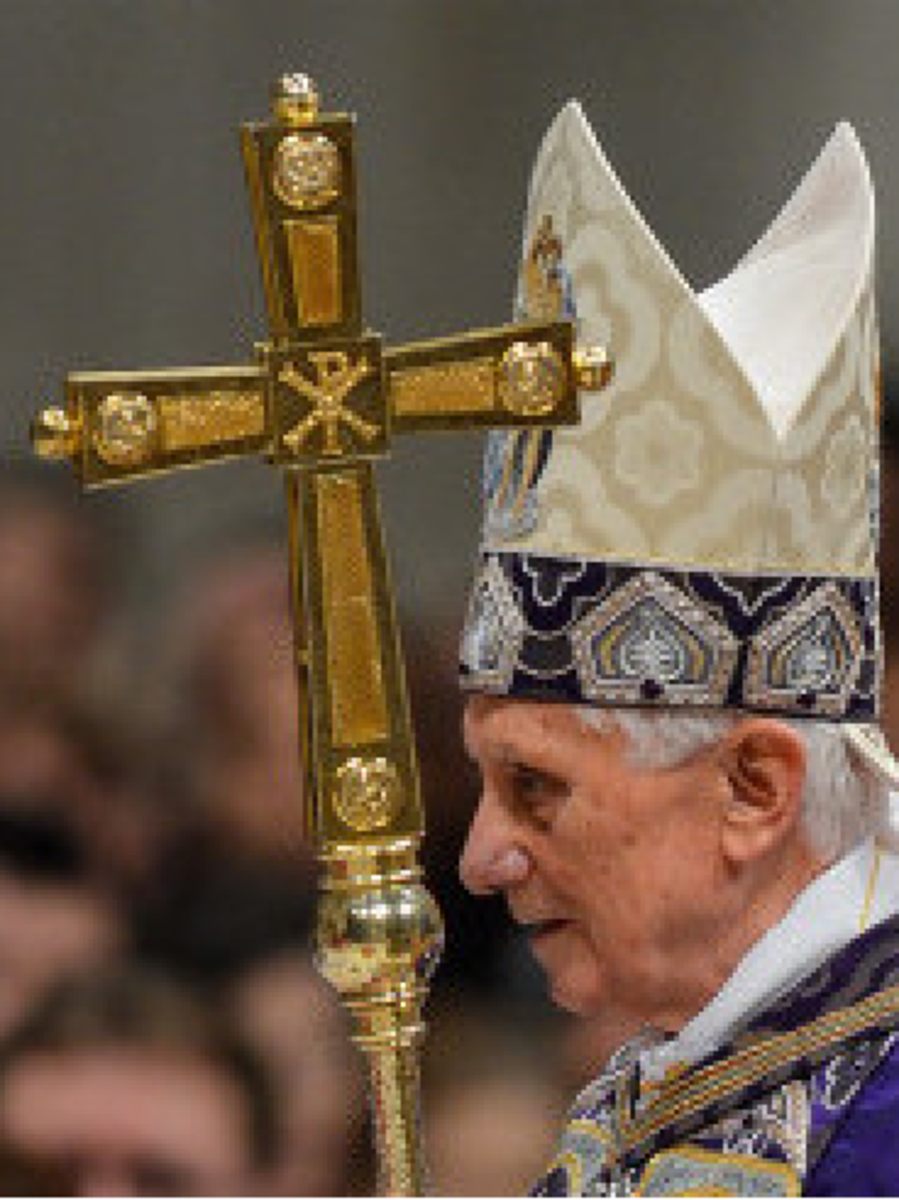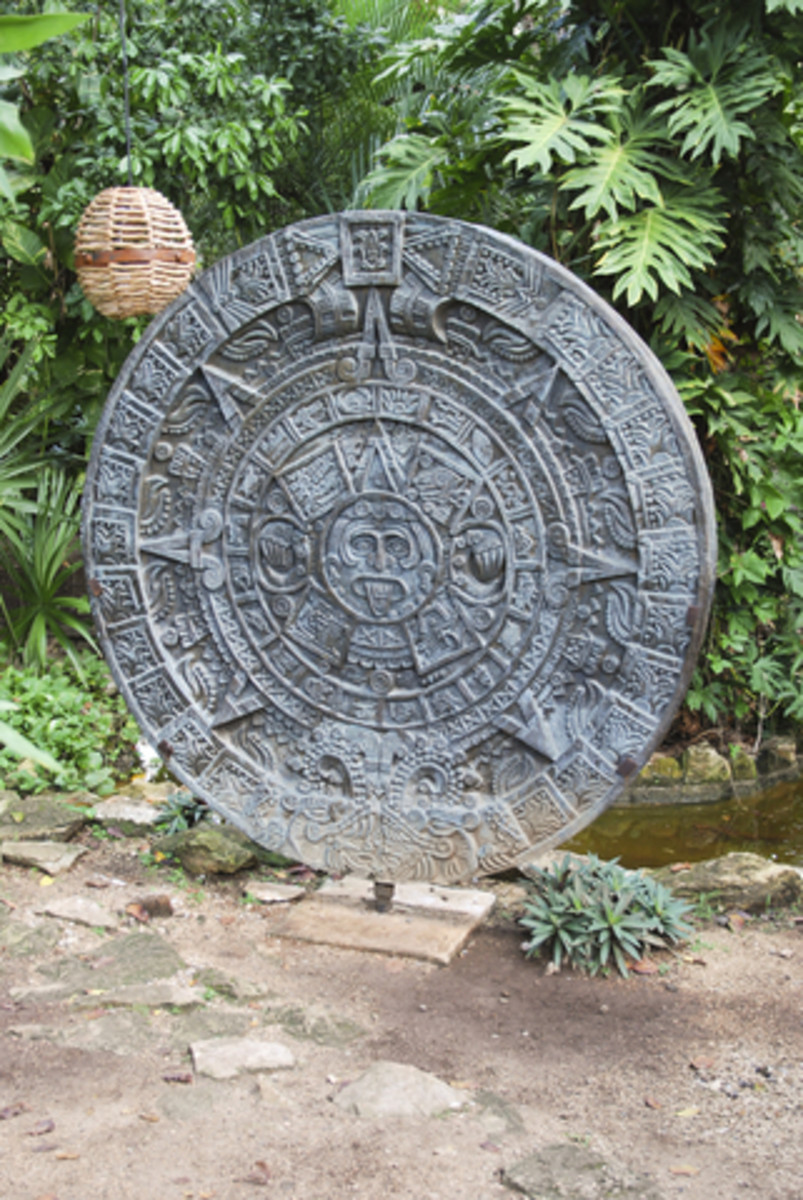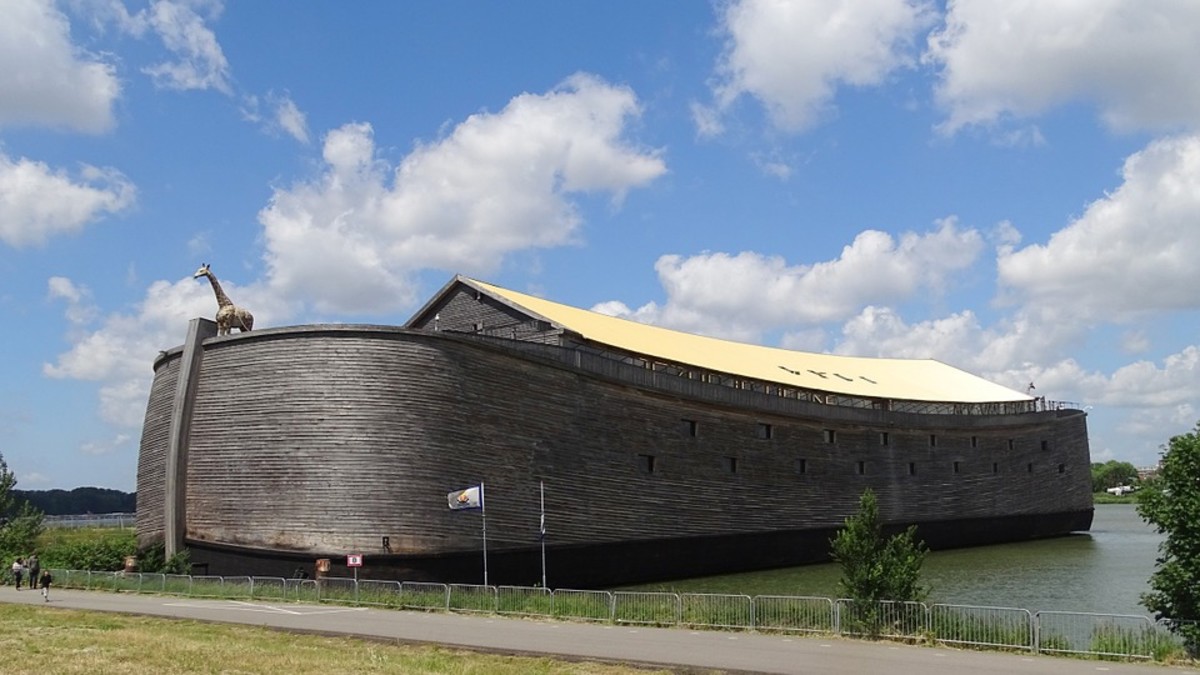History and Perspectives on the Temple Mount
Settlement and the First Temple
Though evidence exists for settlement long before, for our purposes the first record of settlement by members of the religions who now contest the site of the Temple Mount was the Canaanites, who built the settlement of Jebus on the Temple Mount around 1850 BCE, believing it to be the site of the biblical Mount Zion.
According to the bible, the first temple built on the Temple Mount was constructed under King Solomon in 957 BCE as a replacement of the Tabernacle constructed by Moses' followers in the Sinai Desert. On the site of the Temple is the Foundation Stone, which according to Judaism is the site on which the Ark of the Covenant was placed. This First Temple was sacked by the Egyptian Pharaoh Sheshonk I, however, and again in 700 by King Sennacherib of Assyria. After a number of efforts at reconstruction, the First Temple was completely destroyed in 536 by the Babylonian King Nebuchadnezzar II.
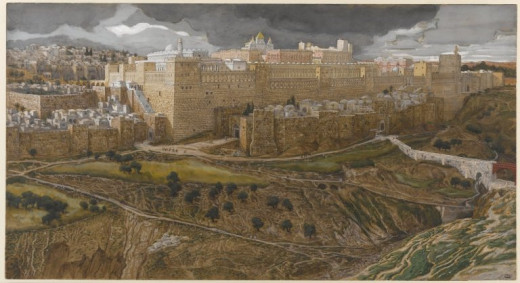
Herod's Temple and the Siege of Jerusalem
The intervening centuries saw the construction of the Second Temple began under Cyrus the Great in 538 BCE and finished in 515 under Darius the Great. This Second Temple on the Temple Mount barely survived when Jerusalem refused to acknowledge the godhood of Alexander the Great, but Alexander stayed his hand and the temple survived the subsequent rule of the Ptolemies and numerous events of upheaval under Hellenic and later Roman rule.
Under the rule of Antiochus IV, the Jews were incensed by the outlawing of circumcision and and observance of the Sabbath. After the construction of a statue of Zeus in the Jewish temple, to which the Greeks made sacrifices, the Jews rose up under Mathias and his five sons and overthrew their rulers, reclaiming their freedom and the Temple Mount. One of those sons was Judah Maccabee, who re-dedicated the Second Temple in 165. This resuming of worship in the Temple is celebrated as part of Hanukkah today.
The Second Temple was renovated and expanded in 20 BCE by King Herod, and subsequently came to be known as Herod's Temple. However, during the Roman Occupation in 70 CE, this temple too was destroyed.
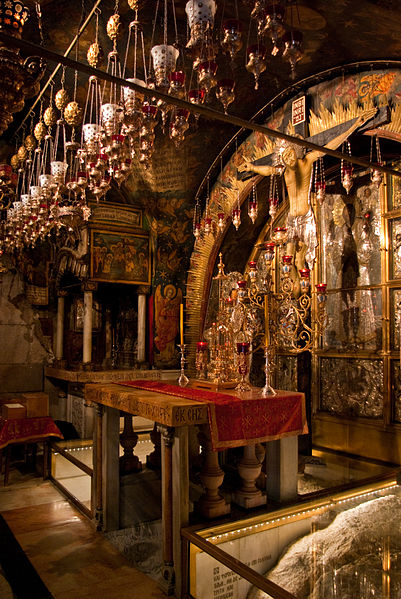
Christianity and the Church of the Holy Sepulchre
According to the Bible, Jesus and his disciples traveled to Jerusalem (at the time under Roman rule) in the year 33 for the celebration of Passover. Jesus, incensed to find money changers in the Temple, casts them out for defiling a house of God by conducting commerce there, and following this was eventually crucified at Golgotha and buried. The apostles remained in Jerusalem and continued to preach the word of Jesus, establishing the first true center of Christianity there.
In 325, under the rule of Constantine I of Rome, a church was commissioned on the site of Golgotha to venerate the site of Jesus' death and rebirth. The Church of the Holy Sepulchre remains there today,and though not on the Temple Mount, it is considered to be one of the holiest sites of Christianity. The events of Jesus' life and the subsequent events following his death led to Christians considering the city of Jerusalem to be their Holy Land.
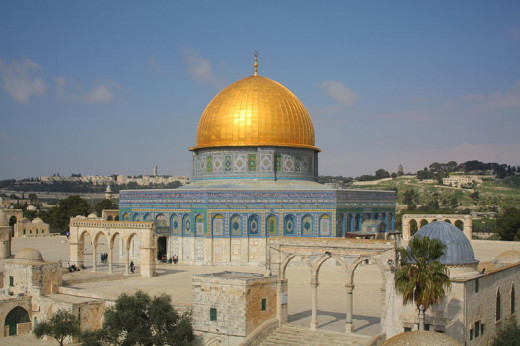
Muslim Conquest and the Dome of the Rock
In 637, the city of Jerusalem was surrendered to Caliph Abu Abaidah of the Muslim Rashidun Caliphate, solidifying Muslim control of the Temple Mount and Palestine until the First Crusade. In 691, Caliph And Al-Malik commissioned the construction of the Dome of the Rock, the first instance of Muslim architecture.
The significance of the site itself to many Islamic believers is that the Foundation Stone is site is where the prophet Muhammad ascended to heaven with the angel Gabriel, and upon his return began to preach and call his believers to become Muslims.
A Controversial Poll
So, who do you think has the right to worship at the Temple Mount?
"The most contested piece of real estate on Earth"
In short, these three religions all have their own claim to the Temple Mount and Jerusalem. Sadly, this contention between Jews, Christians, and Muslims has lead to centuries of war and hatred. The regular revolts and suppression in the city caused unimaginable suffering and death, and the Crusades, which lasted 177 years and resulted in an estimated 1.5 million deaths, are directly attributed to the conflict over Jerusalem.
It is not my aim to take sides here, simply to provide a concise, side-by-side overview of the three competing perspectives and histories that lead to the modern contention over the Temple Mount and the city of Jerusalem.

